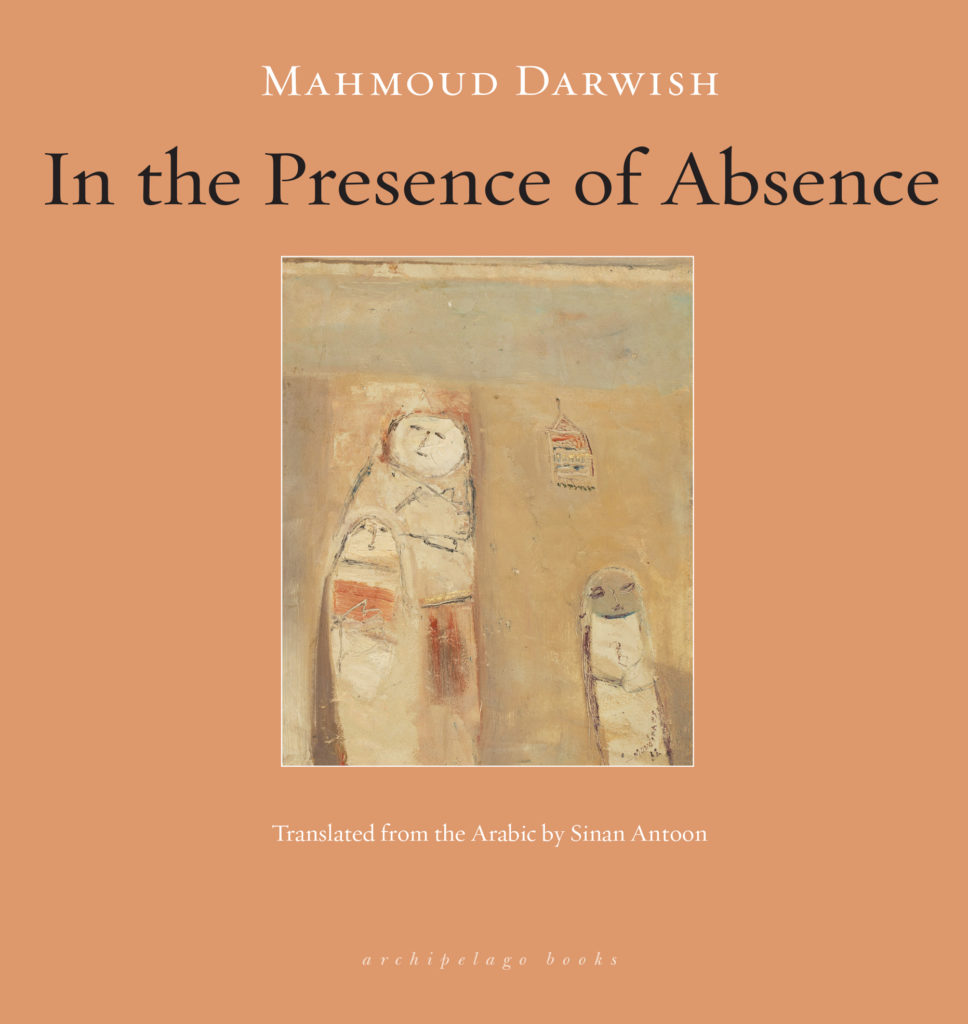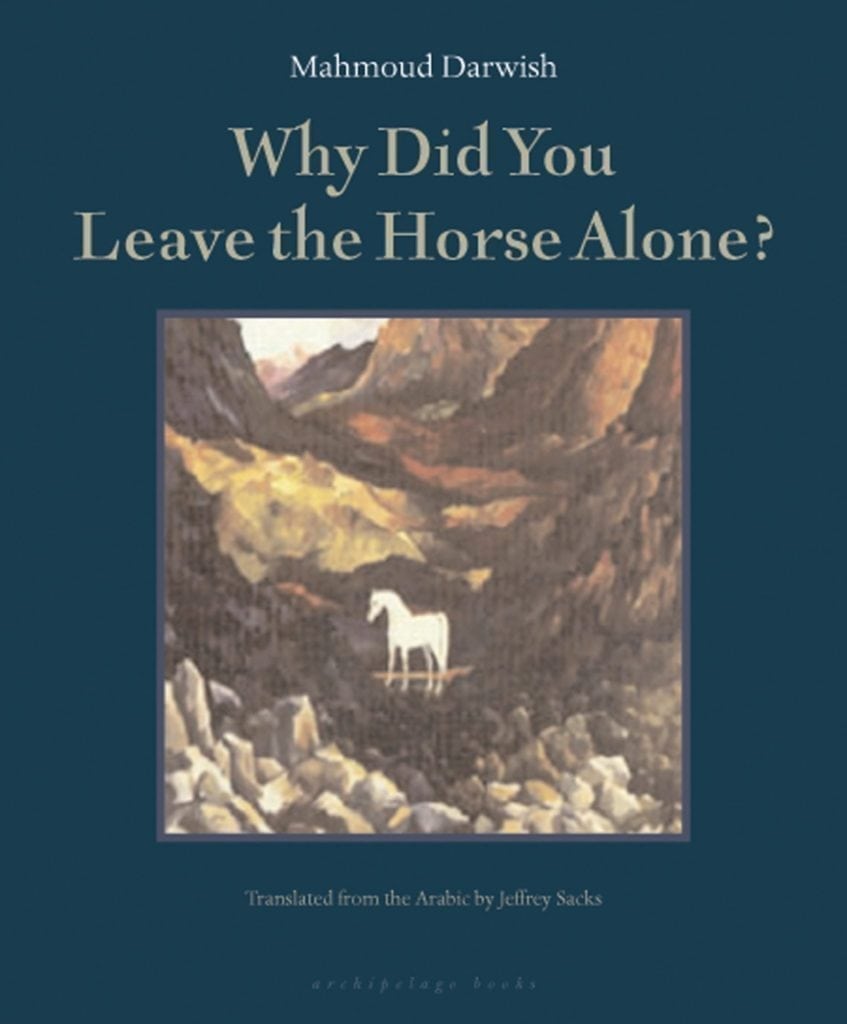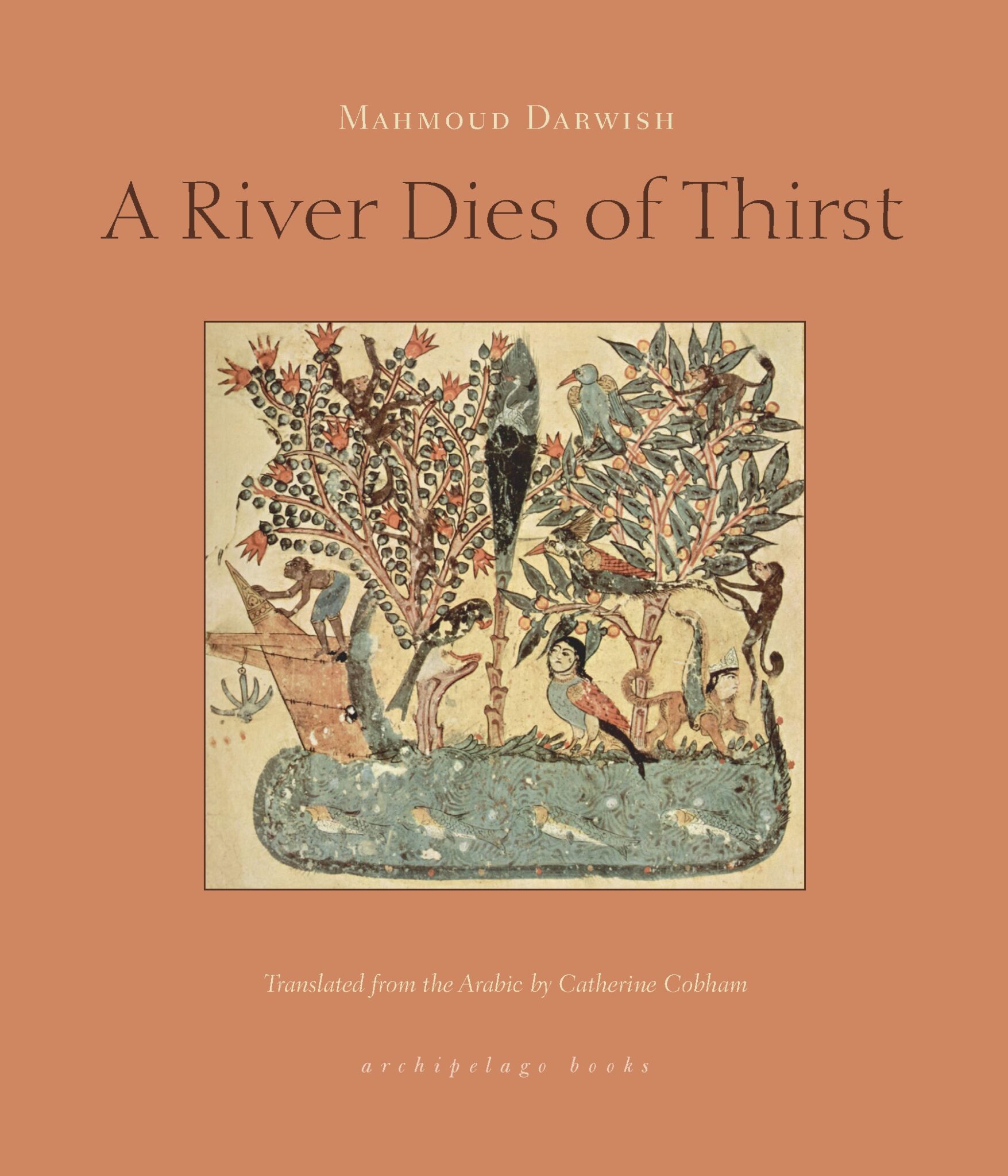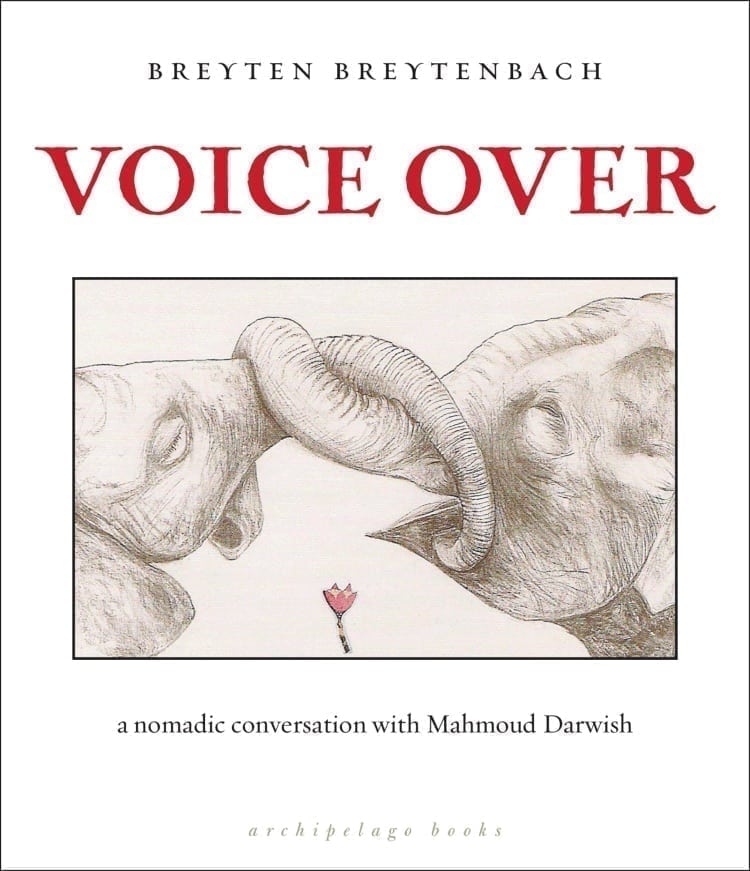Praise
Darwish is to be read with urgency, in the night, when nothing else moves but his lines.
An important anchor in the work of a poet celebrated for providing a national identity to displaced Palestinians. Darwish gives displacement a personal and deeply anguished voice . . . His artistry provides greater context for a conflict that to this day floods citizens of the world with grief.
A welcome addition to Darwish's work in English . . . Moving and educational . . . It painstakingly chronicles, in poetic prose, the military rule under which Arabs were placed in Israel until 1966. Darwish digs deep into his life, sharing personal experiences . . . The journey is well worth it.
Journal has an exceptional stylistic range, moving from the reportorial to the philosophical to the poetic . . . The text is meant to be read and savored aloud.
Consider this book an essential ‘primer for the gradual understanding’ of Palestine and its people. This, Darwish’s first—1973—collection of prose essays is one of the most effective, useful and deeply moving witnessing of a historical tragedy I have read. The writing has an unsurpassed freshness, power and awe exactly because it is poetry that happens to have justified margins. Darwish hungers for understanding why such calamities have befallen his people and has a profound need for sharing —and succeeds brilliantly at both of these. This book should be on the reading list of every school in this country.
Very impressive. . . . Journal of an Ordinary Grief helps us understand the roots of Darwish's poetry.
Rewardingly contemplative. . . . Topics remain uncannily relevant. . . . Capably translated and helpfully annotated by Ibrahim Muhawi. . . . A passionate ode to his homeland. . . . [and] an intriguing . . . collection of ruminations and autobiographical fragments.
His verses chronicle the Palestinians' anguish at the loss of their land. His rhythms tattoo their angry heartache.
Mahmoud Darwish is one of the greatest poets of our time. In his poetry Palestine becomes the map of the human soul.
...Darwish is a voice of conscience, his aesthetic that of exile, of resistance, in which language becomes the only passage to a homeland that must be reimagined, reanimated, before it can be repossessed.
Mahmoud Darwish was a giant of world literature.
His prose has the power of his poetry and the vision that made him one of the greatest voices to ever emerge from the Arab world in the last century.
Darwish, in each section of the journal, draws the theme that he wants to explore forward like a boxer coming out of the corner into the first moments of a round. His ideas surge forward on the rhythms of poetry, then feint outward in questions, metaphors, or sometimes journalistic detailing of events. They then rush back at the reader, moving differently, transformed by the exploration that was forced upon the prose.
Intensely symbolic and emotional, the collection takes us to the uncanny depths of human suffering and love.
Compelling . . . Such an achievement. . . . Offers numerous fascinating insights ointo the mindsets of Palestinians, Israelis, and the Israeli Arabs alike. . . . Indispensable reading for anyone interested in the roots and ramifications of the Israeli and Palestinian conflict. . . . Muhawi's own prose and meticulous footnotes are impeccable . . . An inspired and scholarly piece of research.
There is no finer Arab poet for English readers to start with.
Extras
Read Ibrahim Muhawi’s translator’s foreword at PEN.org.






